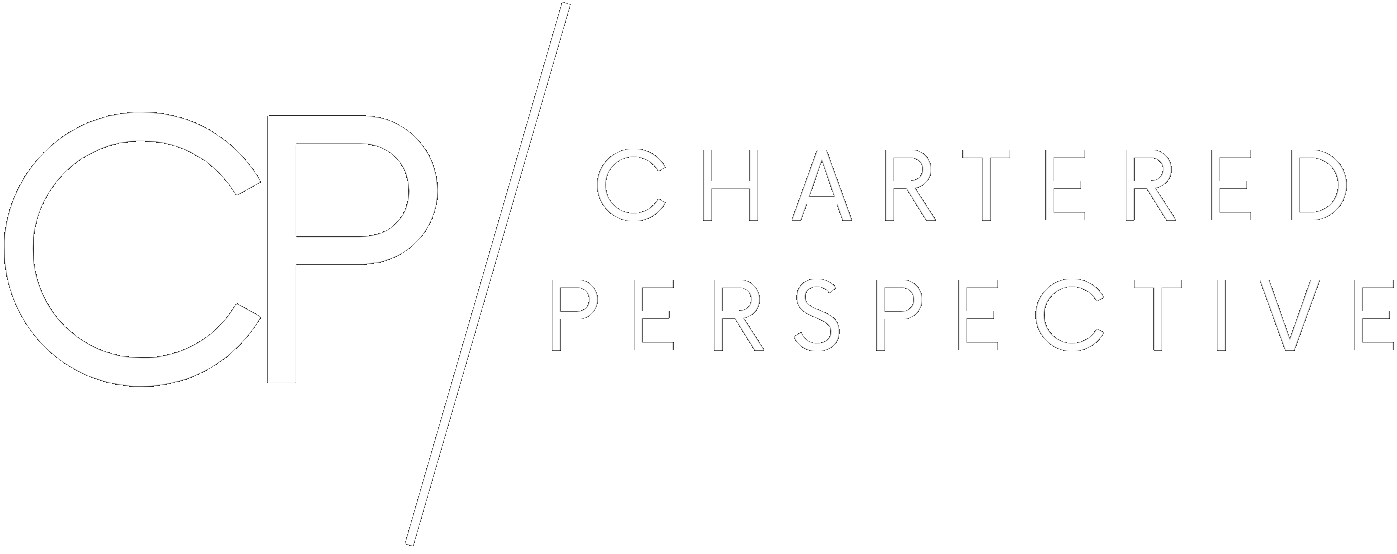Is There Value in Passing the CFE Without Having Completed PERT? (CPA Canada Practical Experience)
In order to obtain the CPA designation in Canada, candidates must complete several challenging tasks. At a high level, these can be broken down into:
1. Passing the CFE (and all the modules which came before it), and
2. Obtaining the required practical experience in order to qualify as a new CPA.
One without the other is not enough. Candidates must complete both in order to obtain the CPA designation and start using those three letters on their Linkedins, resumes, or email signatures.
Is It Common to Pass the CFE Before Finishing PERT?
Long story short, yes. It is common to pass the CFE before finishing PERT. Many Canadian CPA candidates will find themselves in this very position due to the fact that anyone who meets the educational requirements can write and pass the CFE while candidates cannot meet the requirements for PERT without those same educational requirements in addition to qualifying work experience. Those candidates who focused on their studies before starting their careers or are in the process of switching careers will likely pass the CFE before meeting the PERT requirements. Given the steady rhythm of PEP module or course offerings, it is also much easier for candidates to stick to a strict schedule when it comes to progressing towards the CFE than it is to force themselves to write and submit PERT reports.
So I Passed the CFE but I’m Still Not a CPA, What Was the Point?
The CFE is often seen as the “final boss” of obtaining the Canadian CPA designation. It can naturally therefore be disappointing when candidates pass the most difficult exam in the program, marking the successful completion of their academic CPA requirements, only to not really have anything to show for it, right? – Wrong.
Passing the CFE is a very strong signal to employers that someone is dedicated to obtaining the designation and pursuing a career in a related field. If one has passed the CFE but is awaiting their practical experience requirements before obtaining the designation, the assumption is largely that it is merely a matter of time until the person becomes designated. Whether this assumption is correct or not is debatable, but passing the CFE is seen as being past the “tipping point” when it comes to obtaining the Canadian CPA designation. In fact, I personally believe that when it comes to applying for entry level or early career roles, applicants who have passed the CFE but are not yet designated are likely put into the same bucket as a freshly minted CPA.
I Still Don’t Have a PERT-Approved Job, Now What?
Many CPA hopefuls find themselves in this position. They’ve successfully completed the CFE, but the job they have won’t allow them to obtain the relevant experience to actually obtain the designation. This does not mean it was pointless to pass the CFE. Building off of the prior paragraph, candidates should leverage the strength of the CFE signal in the job market. An applicant who is merely a CPA Candidate progressing through the modules is certainly on the right track, but as mentioned above, someone who passed the CFE is regarded as a near-certain future CPA. Passing the CFE should move one’s resume towards the top of the stack in any relevant job, which means obtaining the very experience holding one back from completing the designation will be far easier once the CFE is complete. For this reason, it is always encouraged to continue progressing towards the designation in the ways that you can, even if PERT is currently holding you back. Obtaining the designation and landing on the right path to achieve the career you wanted is fairly domino-like in the Canadian CPA world.



